Appletons Guide to Keeping Happy Healthy Hens 😎
Refreshed 16th July 2025, Updated Sunday June 5 2022 (Originally published May 18, 2018)



The Essential Hen Healthcare Guide
How to spot and identify common health issues and keep your chickens in tip-top shape.
Chickens are easy to keep, highly entertaining and lay delicious eggs every day. What more could you ask for in a pet? Like all other pets we need to ensure we look after the health of our hens; that they are housed correctly, feed a nutritionally balanced diet and given sunlight and space to scratch and play.
We all want happy, healthy hens, but just like us, they can experience minor ailments, such as colds and runny noses. Fortunately, these issues can be easily treated with a bit of good old-fashioned TLC. Most problems arise when too many chickens are kept together or when they are neglected. As long as you conduct daily visual check-ups and occasional physical examinations, along with using some common sense, it is unlikely that you will encounter any serious problems.

Easy Health Checks
Carrying out a daily visual check on your hens will allow you to spot any health problems very quickly. This will allow you to manage and deal with the health issue before the problem becomes serious. Our 7-point visual check can be done when doing your daily egg collection. Remember to sight all hens, those both inside the hen house and out and about in the run.
- Eyes - Your chicken's eyes should be free from discharge, fully open, and bright. You want bright eyed hens!
- Comb - The comb should be firm, and a bright red if the chicken is in lay. Younger chickens (pullets) will have paler combs.
- Droppings - The droppings should be firm and dark brown with white on them. 10% of their droppings will be sloppy. This is perfectly normal and is just a sign that your chickens gut is cleaning itself. Droppings reveal much about the worm burden of your flock. So worth keeping an eye on!
- Feathers - Unless in moult your chicken’s feathers should be shiny and full. An unwell bird will be fluffed up with drooping wings.
- Crop - The crop should be empty in the morning when you first let your chickens out. If the crop is full at this time it could indicate a blocked crop.
- Legs & Feet - You should check the scales on the legs and feet. They should be smooth and not lifting. If they are this could be an indication of scaly leg mites.
- Attitude - Your chickens should be interactive, mobile and full of energy. Birds that are listless, limp, lethargic and behaving differently could be ailing.
Occasionally give your chickens a physical check as feathers hide a lot!

To conduct a health check on your hens, it's best to do this when they are securely inside the hen house. This way, you can catch and handle them with minimal stress. Gently pick up and hold your bird to keep it calm.
First, feel the breast of the chicken. You should be looking for a plump, rounded breast, which indicates that the bird is a healthy weight and eating well. A breast that feels sharp like a knife blade suggests that the chicken is underweight, which could be due to various reasons. For instance, she might be at the bottom of the pecking order, preventing her from accessing food, or she could be facing a health issue.
Next, check for external parasites. Part the feathers around the vent and other areas of the body to look for small crawling insects, such as lice, that could be affecting your chicken. This examination will help you determine the overall condition of your bird and whether you need to treat for any external parasites.
4 Most Common Chicken Health Issues
Worms
How do I know if my chickens have worms and what do I need to do? What can I do to control worms in my flock?
Learn more
Red Mite
Eeek! I have discovered mites on the eggs and in the nest boxes. What do I need to do to get on top of them?
Learn more
Scaly Legs
The scales on my chickens legs are looking enlarged and crusty. Is this normal? What causes this and how do I treat it?
Learn more
Lice
There are small things crawling on my chickens skin & feathers. Oops, I got one on me! What are they? What do I do?
Learn more
WORMS?
Chickens love to eat worms (the ones that live in the ground) but unfortunately, we are not talking about those type of worms in this section. Like all other animals chickens can suffer from parasitic (internal) worms and will need regular worming to prevent them becoming infected. It is much easier to prevent worms or have a little or no worm burden than have to treat a flock with a serious worm burden.
Learn more

RED MITE?
Red mite can be a tricky problem to deal with when keeping chickens. Red mites are small parasitic mites that live in your chicken coop in the daytime and feed off the blood of your chickens at night when they come to roost.
All types of chicken coops can get red mite however wooden coops tend to suffer from infestations the most due to the nooks, crcks and crannies.
Learn more

SCALY LEG MITE?
Scaly legs on chickens are caused by a parasitic mite that burrow under the scales on the chicken's legs. Usually found in older birds and where birds are infested with red mite. The damaged tissue weeps, which is what these mites
feed on.
The scales become raised and enlarged and cause discomfort to the hens. You will need to treat the whole flock.
Learn more

LICE?
Lice are a fairly common parasite that chickens can suffer from and are passed on by contact with affected birds and wild birds. Lice will live on the chicken's skin underneath the feathers. The entire life cycle happens on the chicken, so it is much easier to treat lice compared to worms. In small numbers lice don’t cause much irritation, however, if in large numbers your chickens will need a bit of extra help from you.
Learn more

Other Common Health Issues
If your feathered friends are looking a little fluffed up, dozy and droopy or behaving differently, then this section may hold the solution to your problem.
Just like the cold is common in humans there are a few health issues with chickens that you are likely to encounter as a chicken keeper. Fear not if your hen seems under the weather, a lot of the time there is a simple fix to make her feel shipshape again. This section will run through the most common issues and how to fix them.
Click on the links below.
Swipe for more



Looking For an Instant Energy Source For Sick Birds?

Pick-Me-Up
Appletons Poultry Nutri-Max works brilliantly for sick, weak and lethargic birds (applied directly via the dropper) as an instant pick me up. Or it can be added to the flocks water supply to support immunity, reduce stress, increase vitality and vitamin levels.

Pick-Me-Up
Nettex Poultry Power Drops are a fast acting pick-me-up supplement for chickens packed full of energy and immune supporting vitamins.
Helps support birds during periods of stress and illness, including the introduction of new birds to the flock, periods of warm weather or following illness.

Food for Sick Birds
Sick, stressed and injured birds require exceptional nutritional care to help with recovery. Crittacare Avian provides high quality vitamins, minerals and essential amino acids, with prebiotics and probiotics to aid in re-establishing healthy gut function and support struggling digestive systems.

Food For Sick Birds
Poly-Aid Plus is a welcome addition to a bird keeper’s first aid kit. Use as a first aid supplement for sick, injured or stressed birds and small animals that are not eating voluntarily. Poly-Aid plus does not cure disease – it simply gives birds some energy to fight for themselves.
What Else Can Make My Chook Sick?
We have done our best to keep this guide basic and therefore chosen not to cover many of the viral and infectious diseases like Avian Encephalomyelitis, Egg Drop Syndrome, Fowl Pox Infectious Bronchitis, Infectious Laryngotracheitis, Lymphoid Leucosis, Marek’s Disease and Mycoplasma. For more information these diseases visit google or buy a copy of How to Care for Your Poultry - Volume One. A very helpful and informative reference book. So is Volume Two.
If Your Chicken Is in a Bad Way
Your chicken will live for around four, five, six, seven+ years. Although you can bring about a swift end to a chicken yourself, we recommend that if your chicken is in pain or is not responding to treatment, that you take it to the vet. The vet can administer an injection which will send your chicken gently off to a permanent sleep.
If Your Chicken Has Stopped Breathing
Of course, we all hope that our pets will be there to greet us in the morning clucking happily in the garden, a fresh egg in the nest. But it can't always be like this and however your chicken has passed from this world into the next, it is important that it is laid to rest in the appropriate way.
There are three ways to perform a proper chicken burial:
- You could bury her in the garden, perhaps under a favourite tree or bush. Have a ceremony to mark her passing.
- Pop her in the freezer (in a bag) and wait till refuse collection day then put it out for collection in the rubbish bin. (Although this is a bit unceremonious.)
- Compost her. (Gift her back to nature)
- Finally, never eat your chicken if she has died.
Remember when you have livestock you will always have dead stock. Chickens (just like us!) do not live forever. 😊
Discover more info on these common health issues in our chicken health blogs below
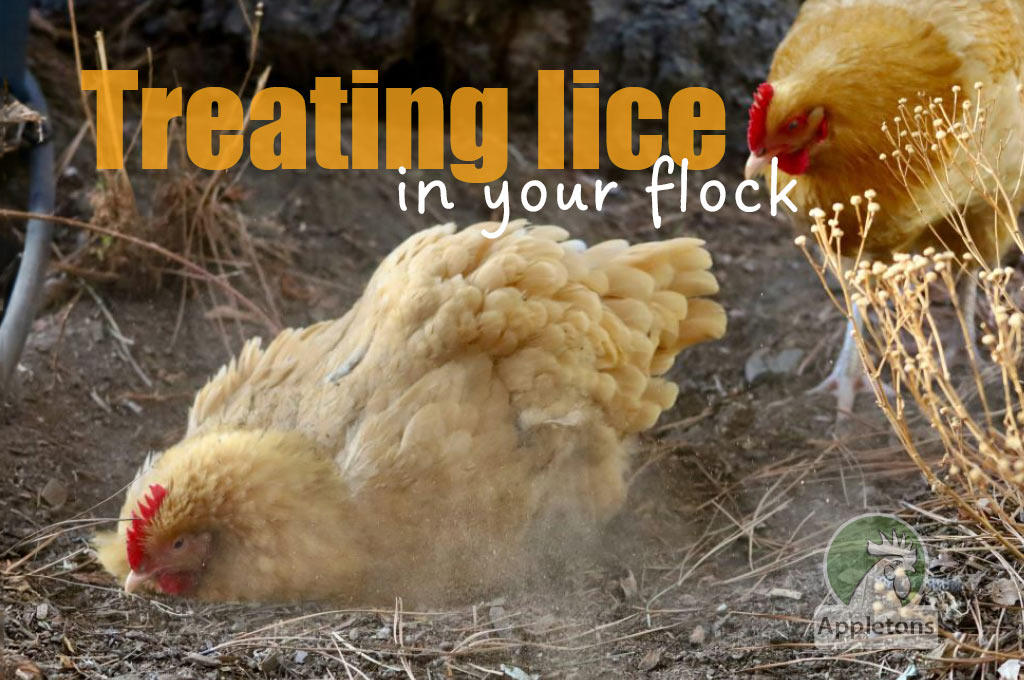
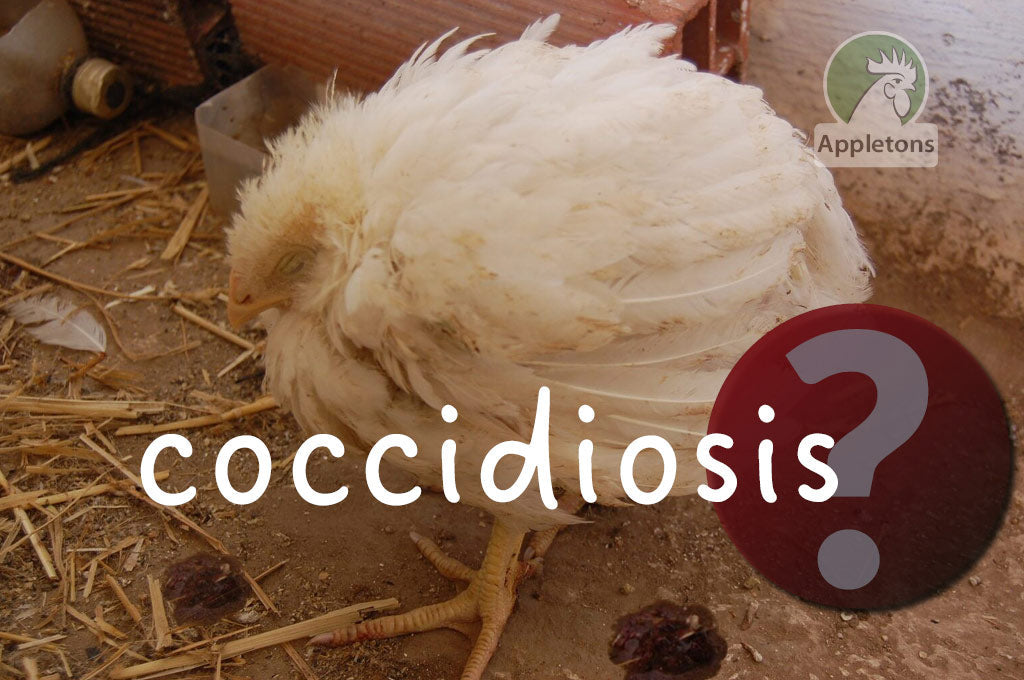

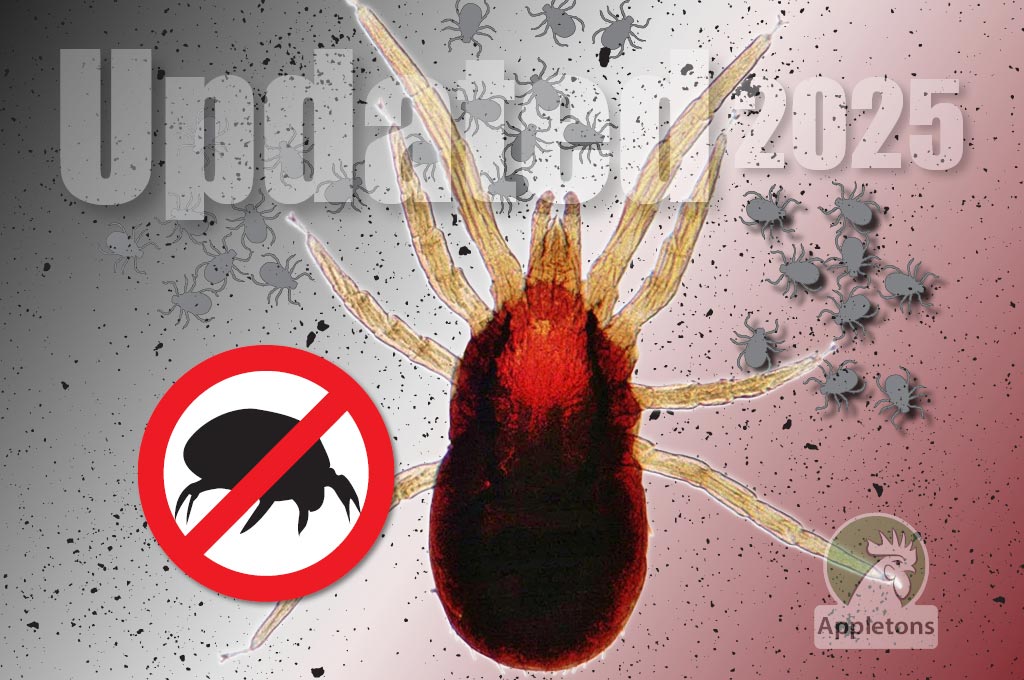
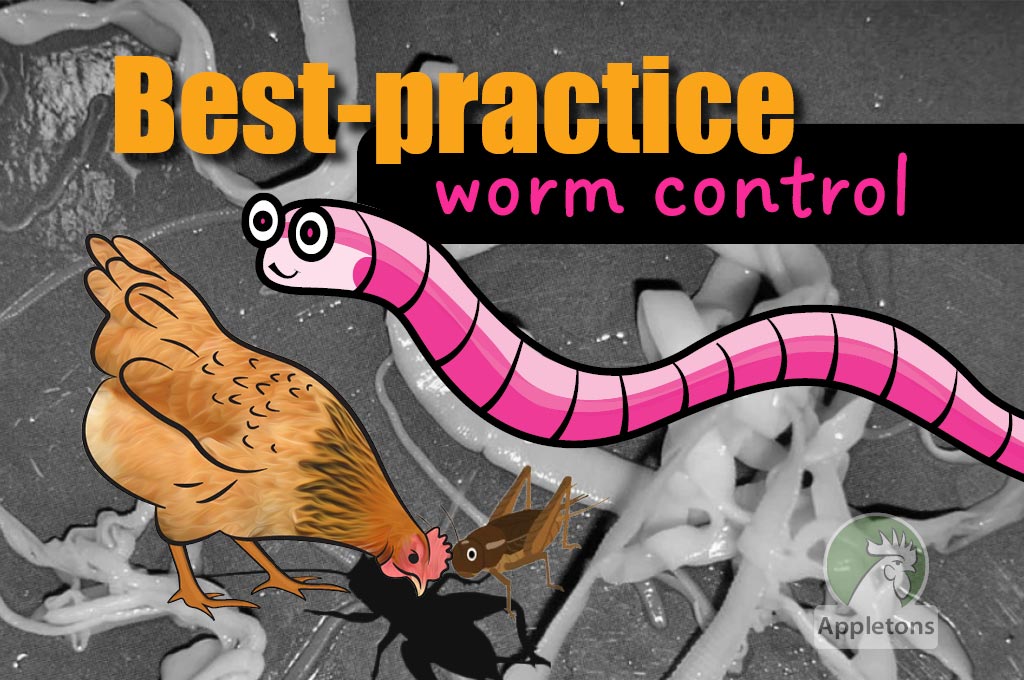
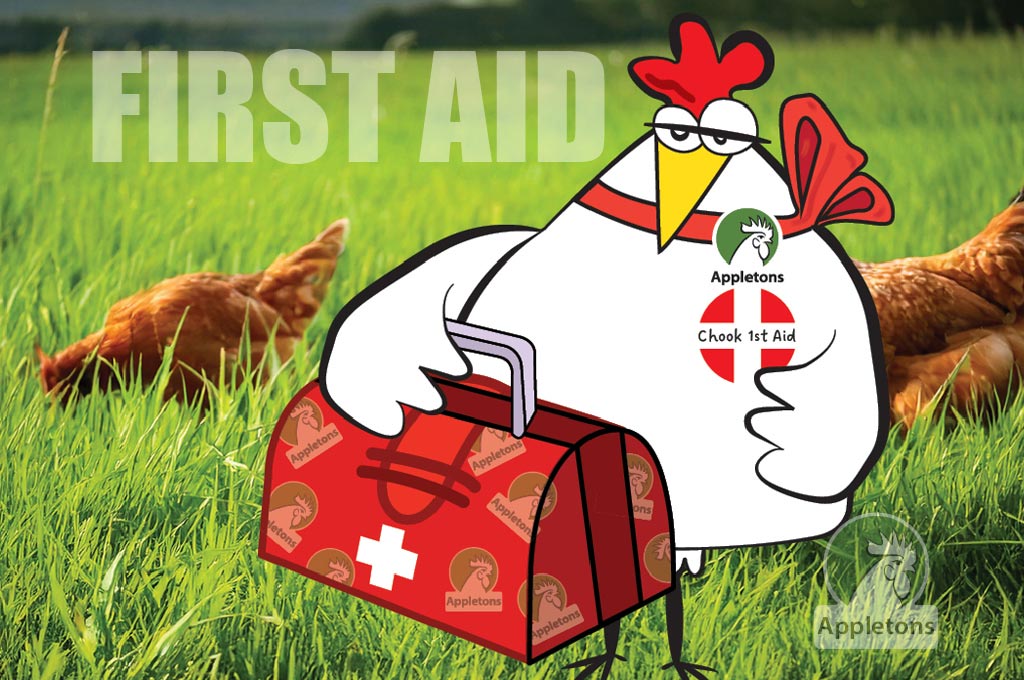
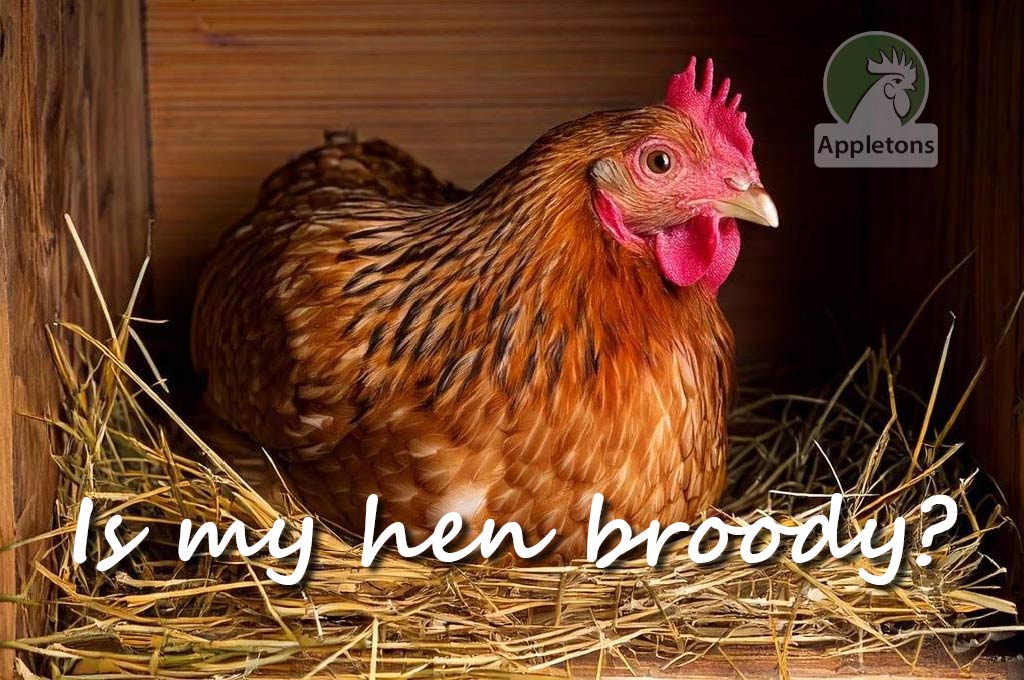
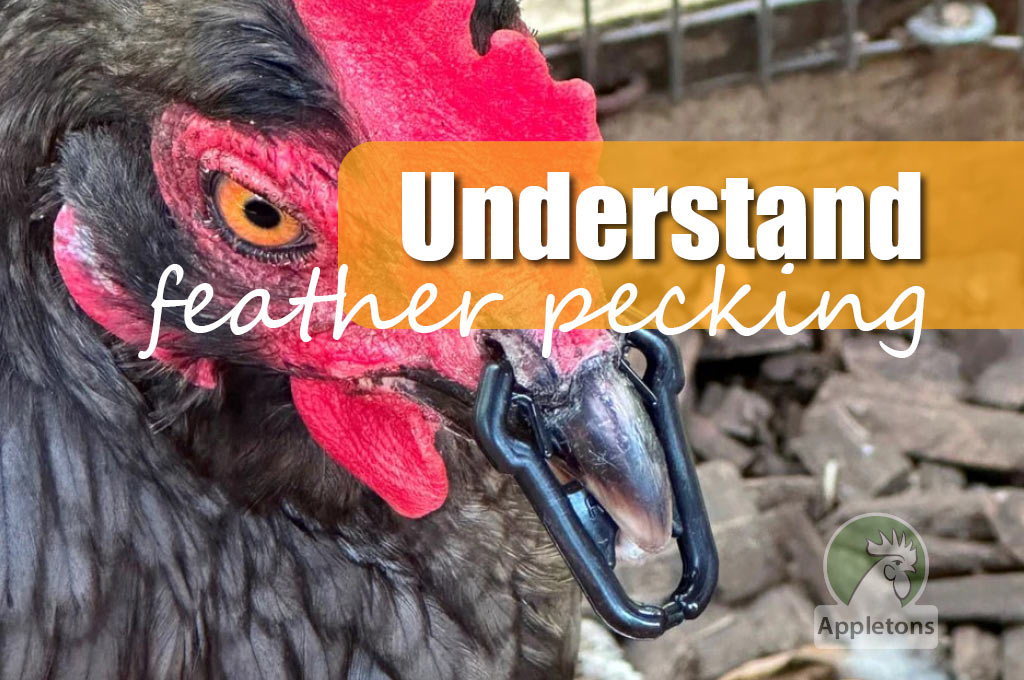
Discover more info on these common health issues in our chicken health blogs below
Swipe for more
